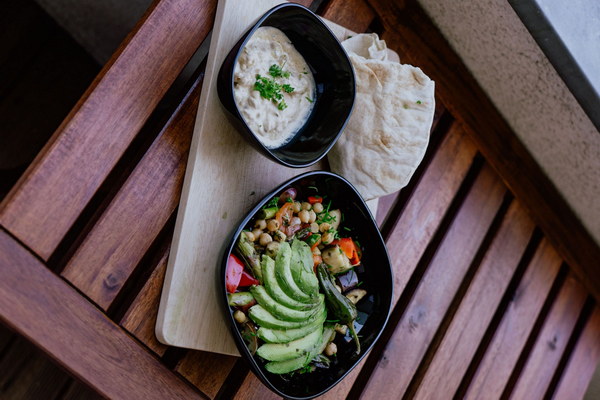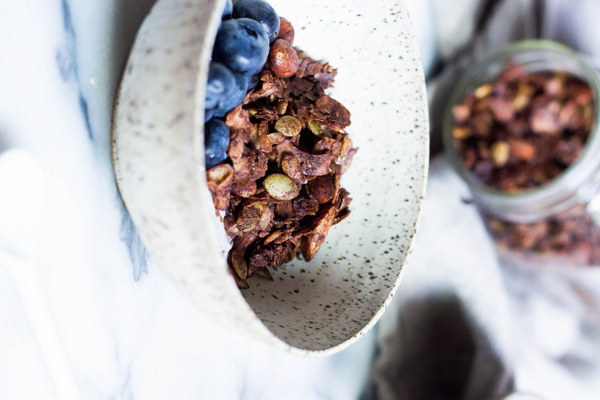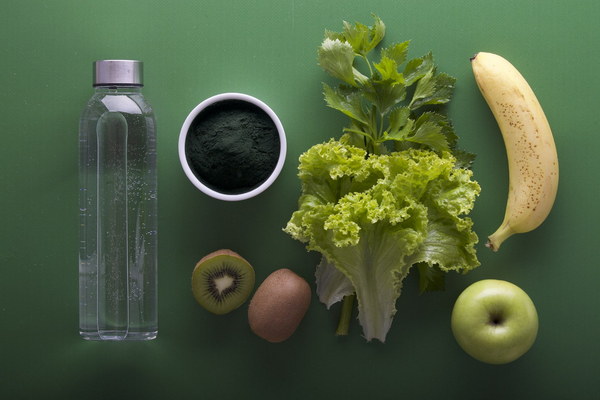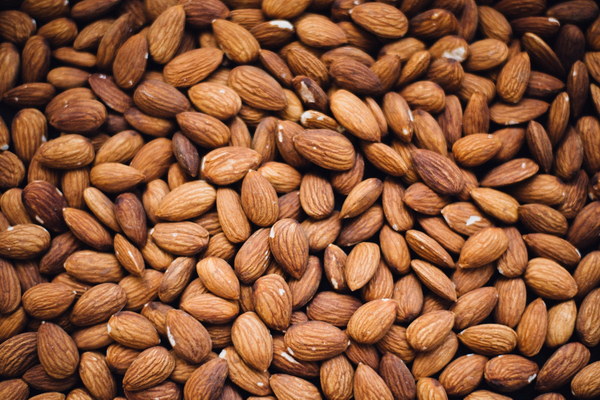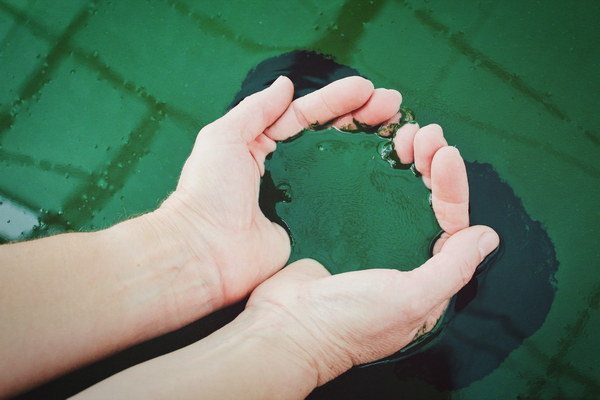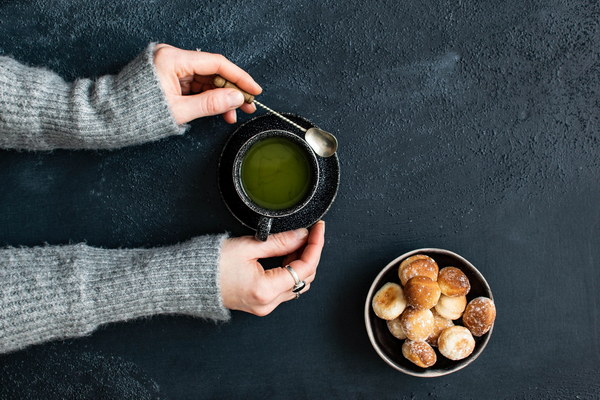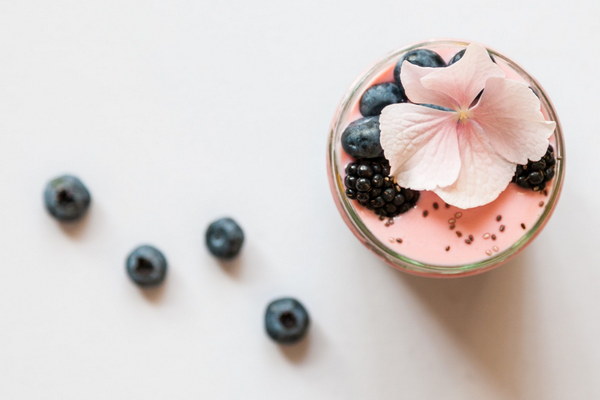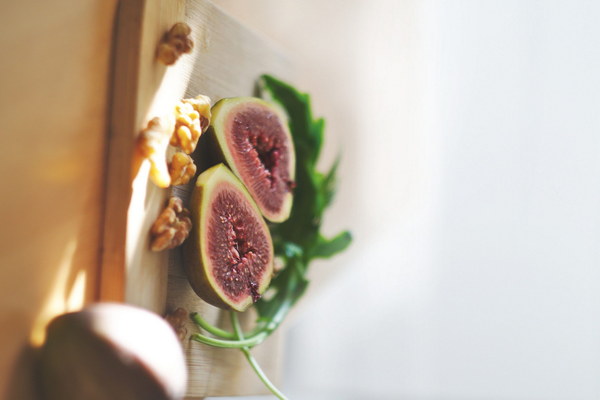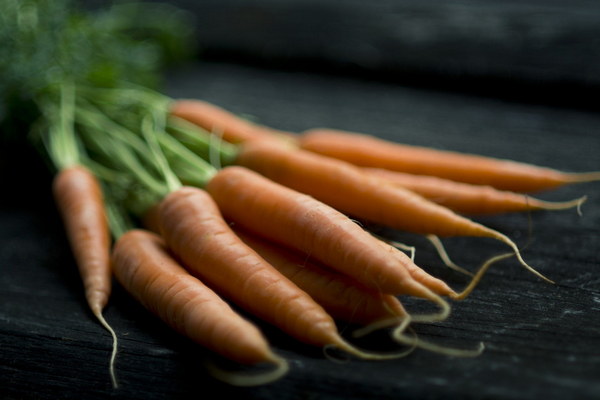Can You Eat Pears While Taking Herbal Diuretics for Dampness A Comprehensive Guide
Introduction:
Herbal diuretics have been widely used in traditional Chinese medicine to treat dampness-related conditions. These natural remedies aim to eliminate excess dampness from the body, thereby promoting overall health and well-being. However, when it comes to dietary restrictions, many individuals wonder whether they can enjoy certain fruits, such as pears, while taking these diuretics. In this article, we will delve into the question of whether eating pears is permissible while on herbal diuretics for dampness.
Understanding Herbal Diuretics:
Herbal diuretics, also known as dampness dispersants, are a category of traditional Chinese medicinal herbs designed to eliminate dampness from the body. They are commonly used to treat conditions such as edema, damp-heat, and dampness-induced fatigue. These herbs work by promoting the flow of fluids, improving digestion, and resolving dampness within the body.
The Role of Pears in Traditional Chinese Medicine:
In traditional Chinese medicine, pears are considered to have cooling properties and are often recommended to nourish the lungs and throat. They are believed to help alleviate dryness and soothe the respiratory system. Pears are also rich in fiber and vitamins, making them a nutritious and healthy addition to the diet.
Can You Eat Pears While Taking Herbal Diuretics for Dampness?
The answer to this question is not straightforward and may depend on various factors, including the individual's specific condition and the type of herbal diuretic being used. Here are a few considerations:
1. Compatibility of Pears and Herbal Diuretics:
In some cases, pears may be compatible with certain herbal diuretics, particularly those that have cooling properties. If the diuretic being used is meant to eliminate dampness with a cooling effect, consuming pears may not pose a problem. However, it is crucial to consult with a qualified healthcare professional or a traditional Chinese medicine practitioner to determine the compatibility between the diuretic and pears.
2. Individual Differences:
Each person's constitution and response to herbal remedies may vary. While some individuals may tolerate pears without any issues, others may experience adverse reactions. It is essential to pay attention to any changes in symptoms or discomfort after consuming pears while on herbal diuretics.
3. Timing of Consumption:
The timing of when pears are consumed in relation to taking herbal diuretics is also important. It is generally advisable to avoid eating pears immediately after taking the diuretic, as this may interfere with its absorption and effectiveness. Instead, waiting for a few hours before consuming pears can help minimize potential interactions.
4. Alternative Fruits:
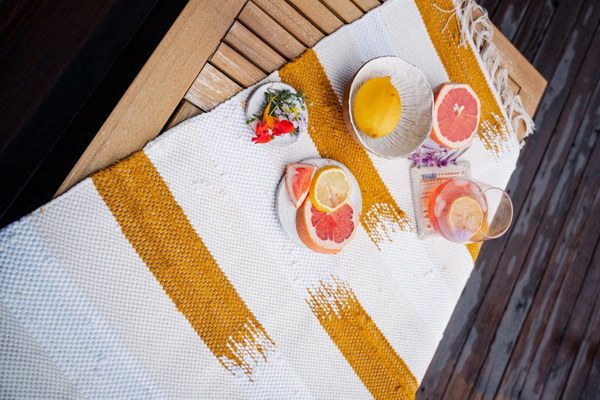
If consuming pears while on herbal diuretics is not recommended or causes discomfort, there are alternative fruits that can be considered. These include fruits with cooling properties, such as watermelons, cucumbers, and apples. It is essential to consult with a healthcare professional or a traditional Chinese medicine practitioner to find the most suitable alternatives based on individual needs.
Conclusion:
In conclusion, the question of whether you can eat pears while taking herbal diuretics for dampness depends on various factors, including compatibility, individual differences, and timing. It is advisable to consult with a qualified healthcare professional or a traditional Chinese medicine practitioner to determine the best dietary recommendations for your specific condition. By doing so, you can ensure the effectiveness of the herbal diuretics while enjoying a balanced and nutritious diet.
